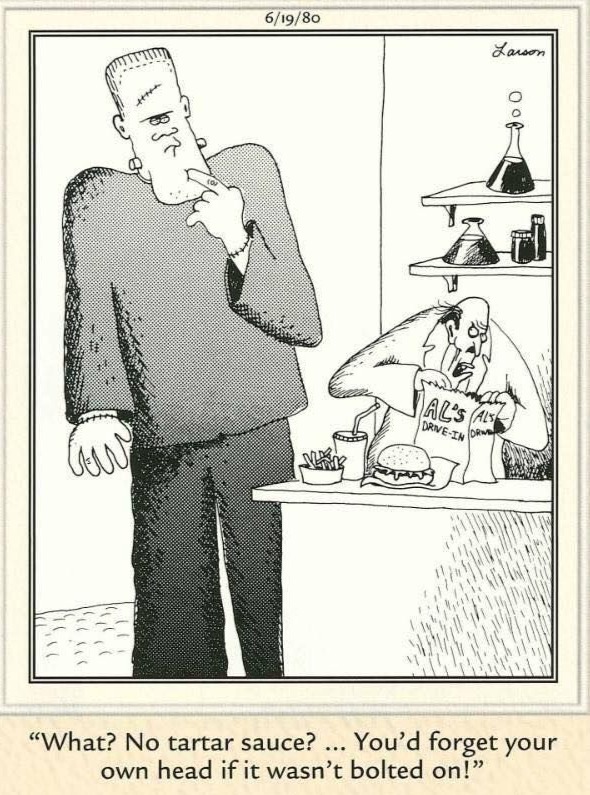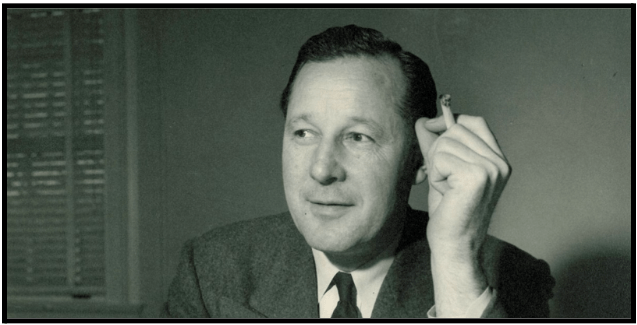Talking Big Ideas.
“Perception and reality are two different things.”
~ Robert Thomas, The Riddle of Oz
A senior researcher was about to testify before Congress.
A recognized expert on the topic, he’d authored numerous studies, a popular book, and appeared often in the most prominent media outlets.
I was asked to help with final prep for his testimony. I walked into a conference room and sat down. A dozen others were already there. We all had printed copies of his remarks.
The researcher delivered his prepared testimony to us. A few people told him he sounded great.
I was confused. I’m no expert on the topic, but neither is his audience (the members of Congress). I understood that the researcher explained a problem and offered three potential solutions. But I couldn’t say what his three solutions were. So I asked him:
“Is there any way you could make your three solutions more clear?”
He said no.
I turned to one of the other people in the room. I asked him to explain the three solutions. He stumbled over his words and then sheepishly said that he couldn’t. So I asked the person next to him. She couldn’t tell us either. We went around the room. I asked everyone. No one was able to do it.
The researcher was shocked. He thought that he was being clear and compelling. He had no idea that we didn’t understand him.
Chip Heath runs a similar experiment every year in his How to Make Ideas Stick graduate class at Stanford.
He gives the students data on crime patterns. Then he has them research, write, and deliver one-minute persuasive speeches. Half the class argues that non-violent crime is a real problem. The other half argues it is not.
They divide into small groups and deliver their speeches. They also evaluate every speech in their group. They typically get high marks.
When the students think the exercise is over, the real experiment begins.
Heath shows them some funny Monty Python video clips. Then he asks the students to pull out paper and write down every idea they remember from every speech in their group.
The students are stunned.
They quickly realize that they remember almost nothing. Just ten minutes have passed, yet they struggle to recall even a single idea from each of the presentations.
The average student in Heath’s experiments uses several statistics in their speech. Only one in ten tells a story. And while most of these stories get remembered in the recall exercises, 95 percent of the statistics are forgotten after just ten minutes.
95 percent. Gone. In ten minutes.
The speeches that stick most have one clear idea that is brought to life with a compelling story. This is true in Stanford graduate classes. And it’s just as true in Congressional testimonies, keynote speeches, and everyday conversations.
Our tendency when we talk is to share too much information. And get technical without simplifying. And use statistics without concrete examples and stories.
How do we know whether we are communicating effectively? Unless we get honest feedback from our audiences, we don’t.
A retention test guarantees honest feedback.
All you have to do is bring a few people together. Present an upcoming talk you are preparing. When you finish, ask for feedback on your delivery instead of your messaging. (Or take a short break).
For example, how was your volume, pacing, and vocal inflections? Your eye contact, enthusiasm, gestures and posture?
Once your audience has spent a few minutes giving feedback on your delivery, then test them to see how much of your messaging was retained. Simply ask them to write down everything they remember you saying from your presentation.
This exercise will immediately sync your perception with reality. Consider adding it to your preparation for important presentations and conversations.
***
![]() IDEA
IDEA
Align your perception with reality.
Put your speeches to the test. Find out how much of what you say is actually remembered. Gather a few friends or trusted colleagues. Ask them for feedback on a short talk. (If you don’t have any upcoming presentations, explain an important project).
Begin with feedback on how well you delivered your remarks. Then ask them to write down everything they remember about what you said.
***
The 2021 Chess World Championship has begun!
Unlike verbal communication, feedback on the chessboard is always swift and accurate. Perception and reality line up with each move.
Will the Russian challenger, famous for his bold and aggressive play, dethrone the King?
Their first game ended an hour ago. You can play through it here.
If you find this useful, please subscribe to our free weekly newsletter.




